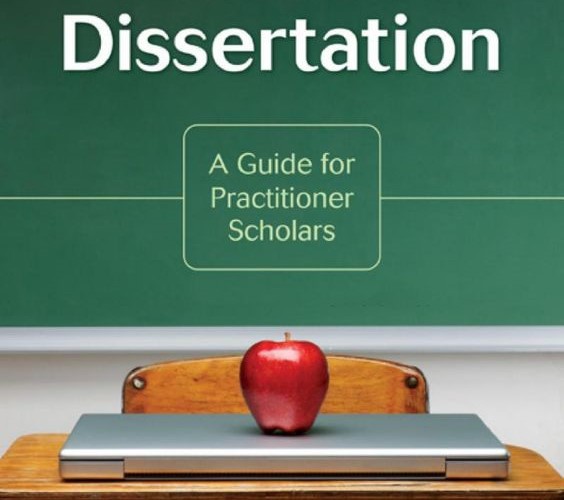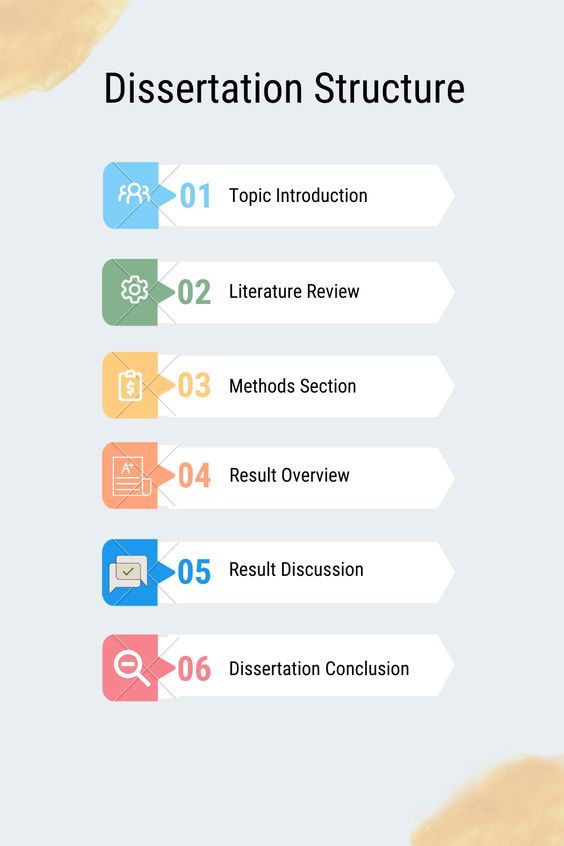
Table of Contents
Unlike many academic papers, dissertation writing entails careful planning, elaborate research and proper time management. A dissertation showcases your unique ability to research, analyse and present ideas critically. While the tasks might seem as overwhelming, writing a dissertation can also be a rewarding experience that enables you to explore various topics and make significant contributions to your chosen field of study.
Whether you are pursuing an undergraduate course, Masters or PhD, a dissertation is one of the academic papers that you will be required to write to fulfill your academic obligations. Every student must write a dissertation towards the end of their course to demonstrate their knowledge and contribute new information to their professions.
The Structure of a Dissertation

A dissertation is the height of your academic achievement. While dissertations are also research papers, they are far more technical and involving than many other academic papers. Dissertation writing follows a more complex format. Dissertations can fall into two categories; empirical or non-empirical.
Also called quantitative dissertations, empirical dissertations are mainly common in the field of sciences. Writing them require you to gather original data and review given research methods. Non-empirical dissertations are also called qualitative dissertations and, rely on existing data. However, students are required to give original and authentic analyses.
Like other academic papers, dissertations also have word counts that usually vary based on the institution, field of study or level of education. A dissertation for a Bachelor’s degree is usually about 35 to 50 pages while that of Master’s can range from 65 to 80 pages. If you are writing for a Doctorate degree, the word count can go up to 300 pages.
A dissertation usually has multiple sections, with unique requirements that you must meet when writing the paper. Knowing how to structure every section is crucial to crafting a good paper. Here’s a breakdown of the key parts of a dissertation and what is expected in each section.
Title Page
The title is the focus of the dissertation that should explicitly explain the subject of the paper. It should directly relate to the thesis statement or research question, giving your readers a glimpse of what the paper entails.
Acknowledgement
The acknowledgement section is optional but, you should also know what it covers. This section is whereby you give thanks to the people who helped you with researching and writing the dissertation. The acknowledgement should be formal and short to the point.
Abstract
The abstract is a brief summary of the dissertation that comes at the start of the paper. It highlights all the major points discussed in the paper and also briefly states the methodology. The abstract should be about 300 to 500 words long.
Sometimes, you may choose to include an executive summary in the place of an abstract. However, the executive summary outlines the findings or the conclusion of the study.
Table of contents
The table of contents shows all the titles for chapters, headings and subheadings with the corresponding page numbers. Besides, the table of contents also contains supplementary sections like the appendices, bibliography, glossary, list of figures and abbreviations.
Introduction
The introduction is structured with a brief summary of every chapter. It should tell the reader about your methodology and the approach without giving too much information. It should also explain the current state of the subject of research. The introduction should be about 10% of the paper but, the length may also vary based on the topic.
Literature review
Literature review is one of the most challenging tasks in dissertation writing. It is the section where you evaluate and comment on the relevant sources used to collect the data. It should not simply summarize the findings but, also highlight any flaws and links between them. A key concept in the literature review section is the research gap that refers to the issues that have not been fully researched. Your goal should be to try and fill those gaps with new analysis or data.
The literature review should also define your theoretical framework. You are required to define the theories that your research is based upon in the review. It is also the section where you tell the readers about the issues or ideas about your topic that have been proven.
Methodology
The methodology section explains how you carried out the research so your readers can verify its credibility. You should provide an in-depth analysis of how you collected the information, administered tests and analysed the data. The chapter also outlines why you choose those methods and, any equipment or tools that you used in the research.
It is also important to mention any obstacles or issues that you faced during the process. If your topic is subject to some biases, you should also state how your study avoided them.
Results
As it suggests, the results page thoroughly explains the findings of your study. It is the section where you present the data, analysis and any other visual aids like charts to enable the reader to understand your study. Remember to always relate the findings to the thesis or research question.
Discussion
The discussion section puts the findings of the study into context. It should tell your readers what those findings mean for your topic and ascertain whether it fits into the theoretical framework. You should also discuss any surprises that you may have faced during the study. Remember, you can also share personal opinions regarding the study.
Conclusion
Like all research papers, the conclusion of the dissertation ties everything together, re-evaluating the thesis statement or research question. Be careful not to introduce any new data or information in this section. Instead, review and echo the findings as presented in the previous sections.
Bibliography
This section lists all the sources cited in the in the paper, along with publishing data. However, the arrangement of the citation might vary based on the format or writing style.
The Best Guidelines for Dissertation Writing
Dissertation writing is an elaborate project that usually occurs in stages. Working the paper in stages allows you to carefully analyse data and present your points logically. The following are the key steps in dissertation writing.
Choosing the topic
The topic is the foundation of your paper and should be chosen wisely. While many topics can come to mind, you should consider one that is relevant, thought provoking and specific. Go for a topic that will give you the room to conduct proper research, analysis and discussion.
Checking the project requirements
Every dissertation paper has unique goals that students must meet when writing them. Carefully read the instructions and module guidelines to understand what is expected of you. The main elements to consider when reading the instructions include the writing style or format, word count and the deadline for submission.
Research
In dissertation writing, research is usually referred to as literature review. The trick to writing the literature review section is forming your own opinion then, using research to support it. Consult with relevant sources including articles, books, journals and online academic resources such as Google Scholar to generate as much information as possible about the topic.
Like in essay writing, you should also take notes when researching content for dissertation writing. Critically evaluate and analyse the collected information to ascertain their credibility and relevance to your topic.
Writing a thesis statement
The thesis statement should mention your central argument and give a clear direction for the paper. Instead of vague and broad statements, keep the thesis statement specific. You should also keep it realistic and arguable.
Proofreading and editing
The laborious task of dissertation writing can make you not to even want to look at the paper again upon completion. However, it is important that you carefully proofread and edit your work to eliminate any errors and iron out areas that may have not been properly addressed. Besides, you should also check and correct any grammatical and punctuation mistakes in the paper.
Hire Professional Dissertation Writing Services
Dissertation writing is a highly demanding task that requires dedication and precision. The guidelines discussed above can help you to prepare well and tackle the tasks that come with writing dissertations. However, you also need a professional to refine your dissertation to the best standards. At exemplarydissertations.com, we offer custom dissertation writing services for undergraduate, Bachelor’s, Master’s and PhD. Apart from dissertation writing, we also offer topic suggestion, proofreading and editing services for all types of academic papers.





